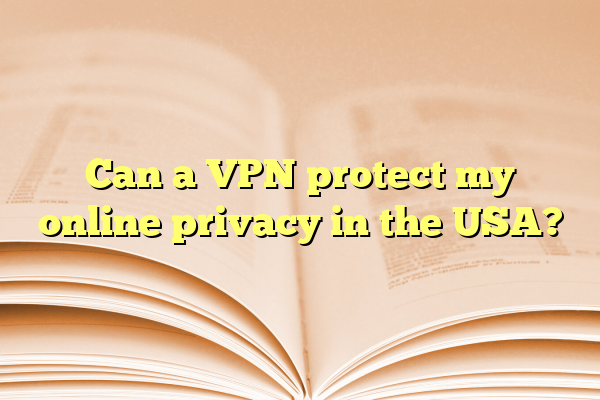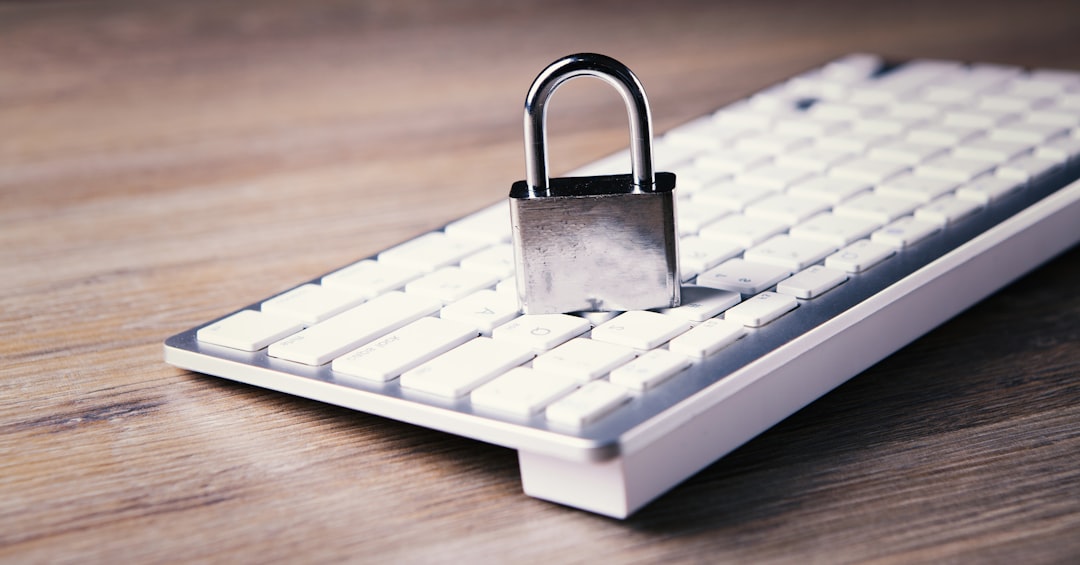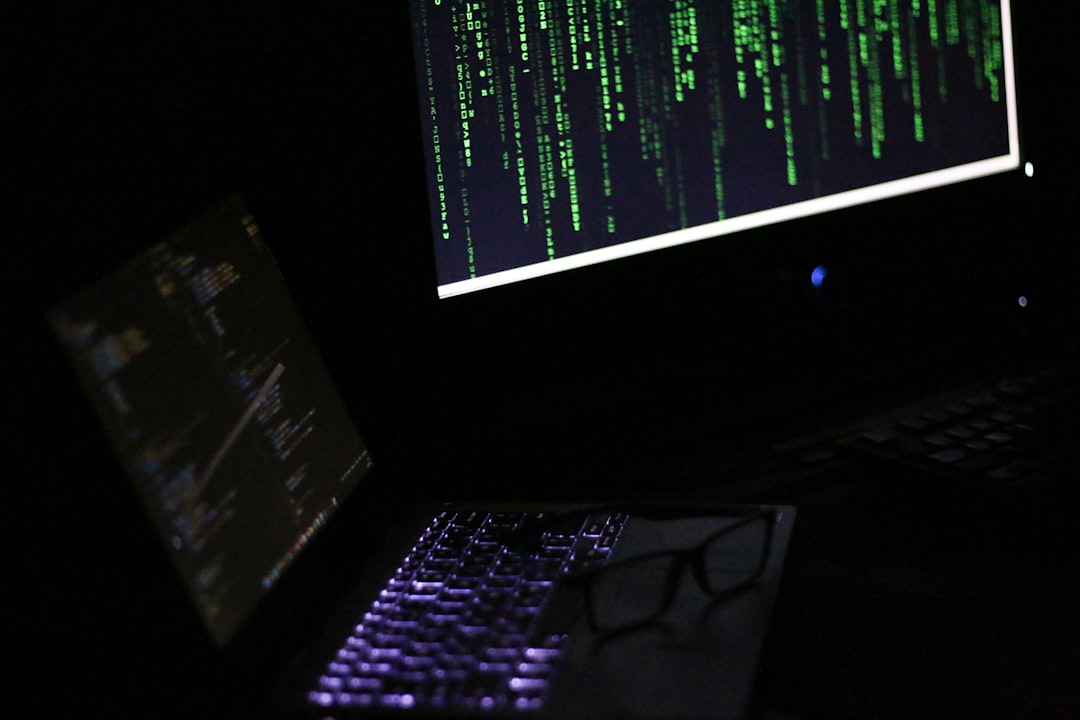
Can a VPN protect my online privacy in the USA?
In today’s digitally connected world, online privacy is a growing concern for most internet users, especially in countries like the United States where internet service providers (ISPs) can legally collect and sell user data. One widely recommended method for securing personal information online is using a Virtual Private Network, or VPN. But how effective is a VPN in really protecting online privacy in the USA?
Contents
Understanding How a VPN Works
A VPN creates a secure, encrypted tunnel between the user’s device and the internet. Instead of connecting directly to a website, the VPN routes the connection through one of its servers, masking the user’s IP address and encrypting traffic along the way. This process makes it significantly more difficult for third parties, including ISPs, advertisers, and hackers, to monitor a user’s behavior online.

How a VPN Protects Your Privacy in the USA
Citizens of the United States face unique challenges when it comes to digital privacy:
- ISP Tracking: In 2017, Congress repealed the FCC rules that restricted ISPs from selling customer data without consent. This allows ISPs to monitor browsing habits and sell that information to advertisers.
- Data Collection by Apps and Websites: Many websites and services collect data through cookies, trackers, and analytics scripts that monitor users’ interactions.
- Surveillance Programs: Government agencies like the NSA have been known to monitor online activities under various surveillance programs.
Using a VPN helps to address these concerns by encrypting internet traffic and making it harder to link activity to a specific individual. While not foolproof, a VPN is one of the best tools available for enhancing user confidentiality online.
Limitations of VPN Use
While VPNs are highly effective at boosting online privacy, they are not a silver bullet. Here are some limitations users should be aware of:
- Logging Policies: Not all VPNs are created equal. Some VPN providers keep logs of user activity, defeating the purpose of anonymity. It is essential to choose one with a strict no-logs policy.
- Data Leaks: DNS leaks, WebRTC leaks, and IP leaks can occur if the VPN software isn’t properly configured.
- Limited Protection: A VPN encrypts internet traffic but does not protect against phishing attacks or malware. Other cybersecurity tools are needed for full protection.
- Legal Jurisdiction: Some VPNs are headquartered in countries with surveillance-sharing agreements, making them susceptible to data requests.

Choosing the Right VPN Service
To truly benefit from a VPN, users in the USA should pay attention to several factors when selecting a provider:
- No-logs policy: Ensure the VPN does not retain activity logs or metadata.
- Strong Encryption: Look for services that offer AES-256 encryption and secure protocols like OpenVPN or WireGuard.
- Reputation: Choose a VPN with high ratings, clear ownership, and privacy-focused policies.
- Kill Switch: A feature that disconnects your internet if the VPN connection drops to prevent accidental leaks.
Popular VPN choices among privacy-conscious users include ExpressVPN, NordVPN, and ProtonVPN, all of which are known for stringent privacy standards and strong technical capabilities.
Additional Steps to Improve Privacy
While VPNs offer an important layer of protection, they should be part of a broader privacy strategy. Users should consider also doing the following:
- Use privacy-focused browsers like Firefox with tracker-blocking enabled.
- Install trusted ad blockers and anti-tracking extensions.
- Secure accounts with multi-factor authentication.
- Regularly review app permissions and limit data sharing on social media.
In conclusion, a VPN is a powerful tool for enhancing online privacy in the United States. Although it doesn’t make a person completely anonymous, it significantly limits who can view and track their online activity. Combined with other privacy best practices, a VPN can be a cornerstone of digital self-defense.
Frequently Asked Questions (FAQ)
- Does a VPN make me completely anonymous online?
No. While a VPN enhances your privacy, it does not make you completely anonymous. Websites can still track you using cookies, GPS data, or browser fingerprinting. - Is it legal to use a VPN in the USA?
Yes. Using a VPN is entirely legal in the United States, although using it for illegal activities is not. - Can my ISP see what I’m doing if I use a VPN?
No. Your ISP can see that you’re connected to a VPN server but cannot see the content of your internet traffic. - Will a VPN slow down my internet?
Possibly. Because data is being encrypted and routed through another server, you might notice a slight decrease in speed, but high-quality VPNs often minimize this impact. - Can a VPN protect me from hackers?
To an extent. A VPN can protect data sent over unsecured Wi-Fi, but it won’t protect against phishing emails or malware. A full security suite is still recommended.
